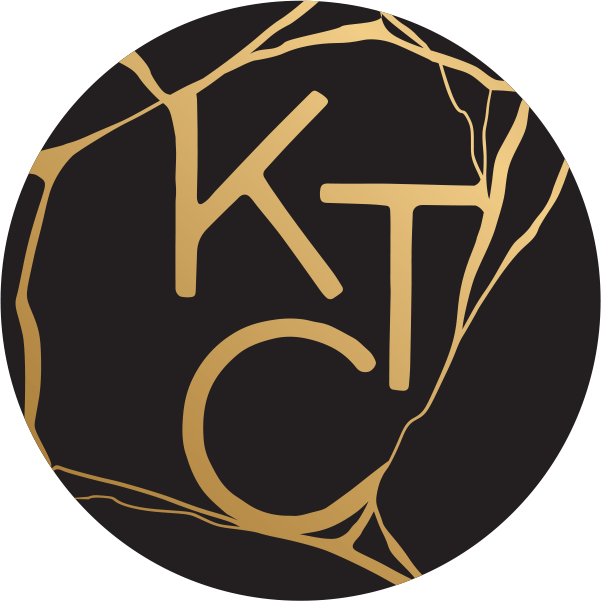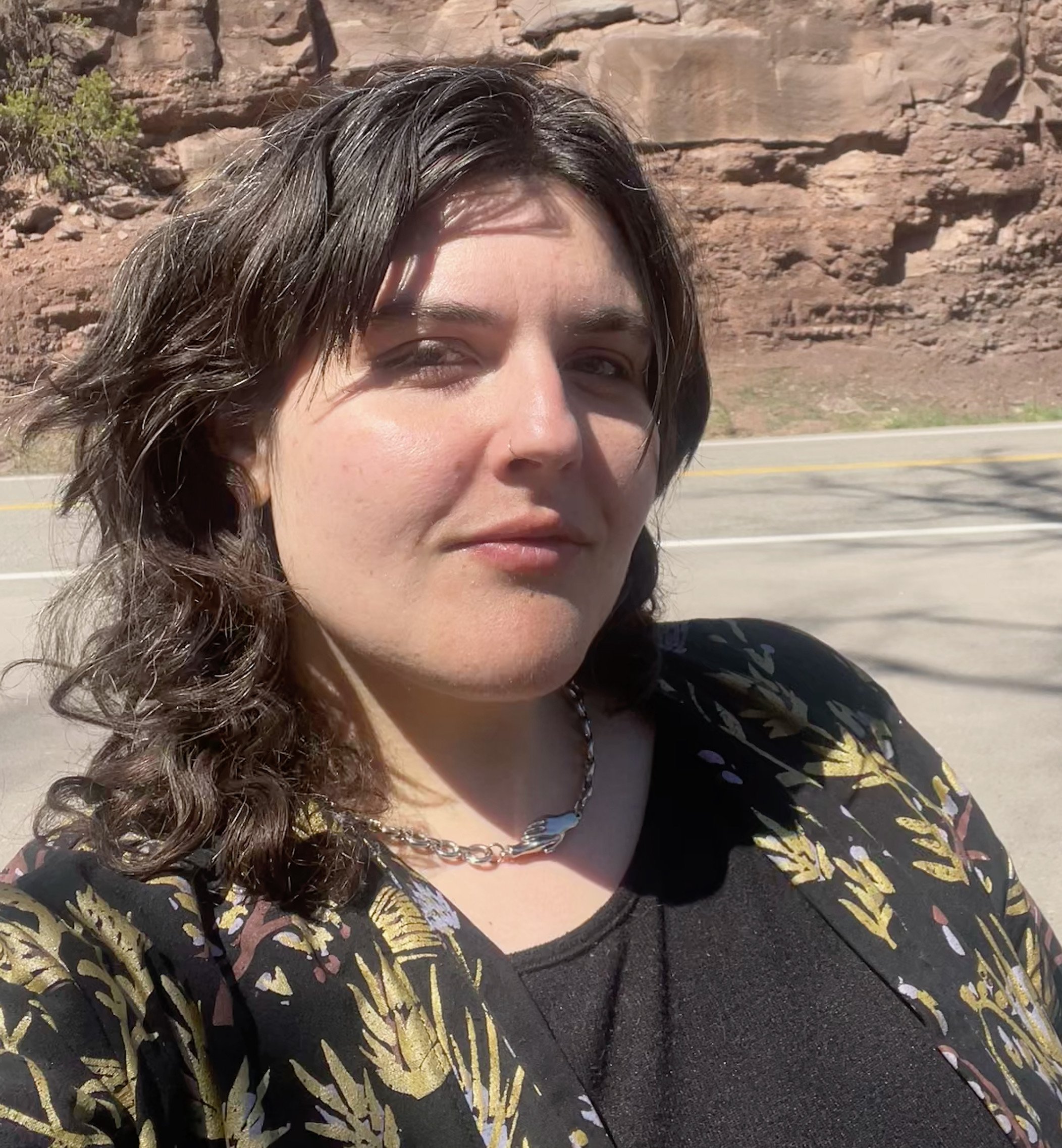Meet Bec
Bec Bell-Gurwitz, LCSW (MA & OR)
Pisces Sun / Aries Moon / Virgo Rising
they/she
I’m Bec, a queer, Ashkenazi, non-binary, and neurodivergent therapist and writer. I’m bicoastal— practicing out of Portland, OR (unceded Cowlitz/Clackamas land) and Northampton, MA (unceded Nonotuck/Nipmuc land). It took me a long time to feel comfortable being “out” about my neurodivergence because of all the stigma, but in a lot of ways, my neurodivergence makes me a better therapist. I believe it helps me remain nonjudgmental, and specifically able to hold multiple different perspectives/systems in my head at once. My lifelong love of creative writing also informs my work, helping my clients to process their experiences and to reclaim their stories from a western and capitalist culture that often thrives off of harmfully forcing narratives onto communities and individuals.
As a therapist, I am first and foremost a human, one who got into this therapeutic work because I believe that connection is a human need. and that we are living in a world that devalues the pathways towards intimate connection like vulnerability, interdependence, empathy, and community. There is a culture of prioritizing competition, perfectionism, and emotional distance over community care. Right now, there are so many ways the world is set up to cause suffering. Philosophically, I got into this work to try and push back on a lot of the aspects of society that cause harm to individuals and communities. As such, I am a therapist committed to anti-oppressive practices and actively hold an anti-racist, anti-ableism, anti-diet culture, queer, sex and body positive lens.
Many of my clients come to me feeling unmoored from community and their values. They may seek out my services because their inner voice has, out of survival, adopted the cadence, tonality and language of their oppressors. I am open to working with anyone who feels we could be a good fit—generally the folks who find me are working to sort out their relationship to neurodivergence, gender and sexuality, as well as trying to reclaim their bodies from diet culture and a dysfunctional relationship to food and eating.
Though I have intensive experience with different modalities, the more I grow into myself as a therapist, the more I feel confident that the therapeutic relationship, that powerful exchange between two humans, is more important than even the most empirically validated treatment. I believe that you can’t have good therapy without a good fit and take any ruptures in that relationship very seriously. My clinical philosophy is informed by dialectics—the idea that multiple perspectives and stances can be truth at the same time, and that as human beings stuck in our subjectivity, we are unable to see the whole picture. If we can acknowledge that, we can stop seeing the world in terms of who is right or wrong and we can start living in the spaces in between, where the full spectrum of experience really exists.
To contact/learn more visit: www.keepingthingswholetherapy.com

